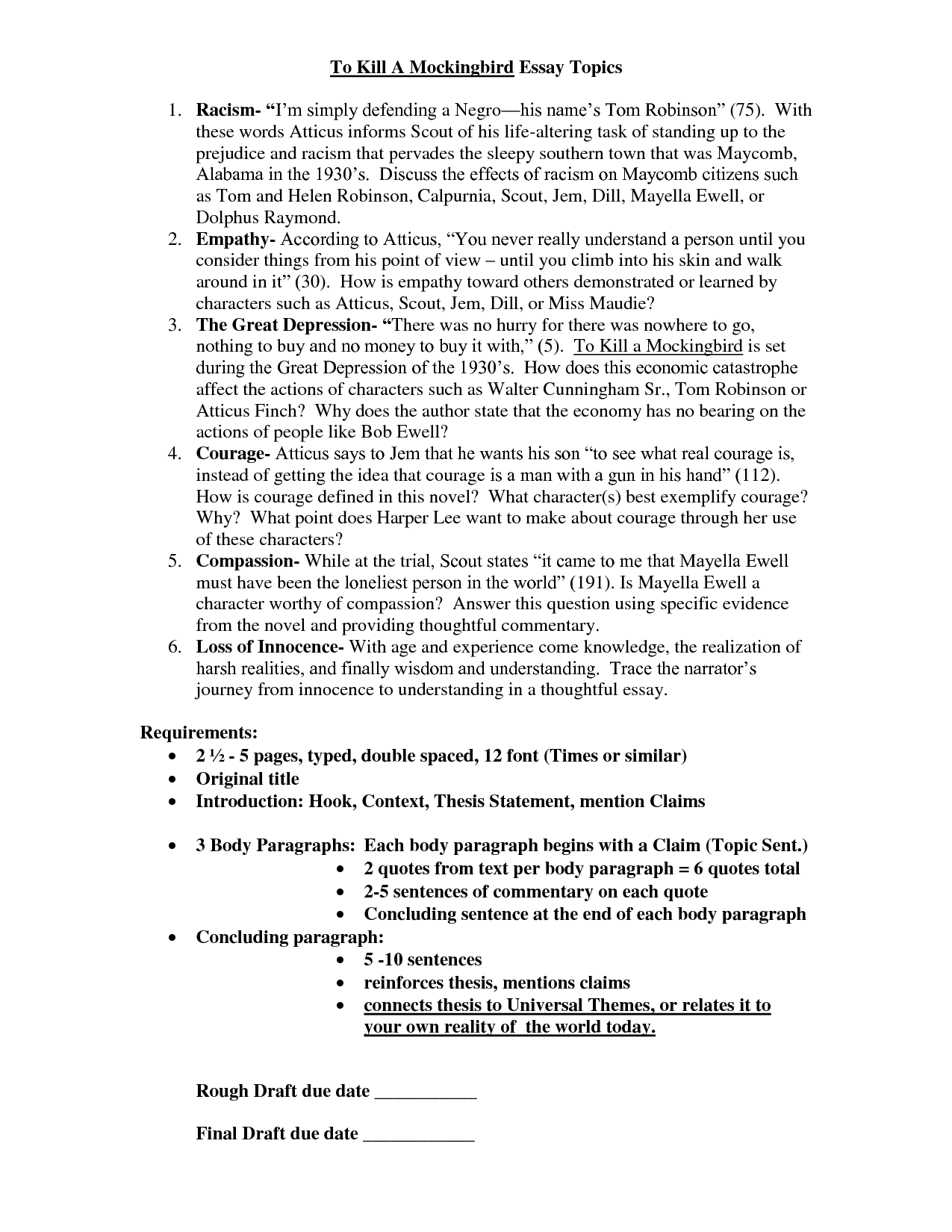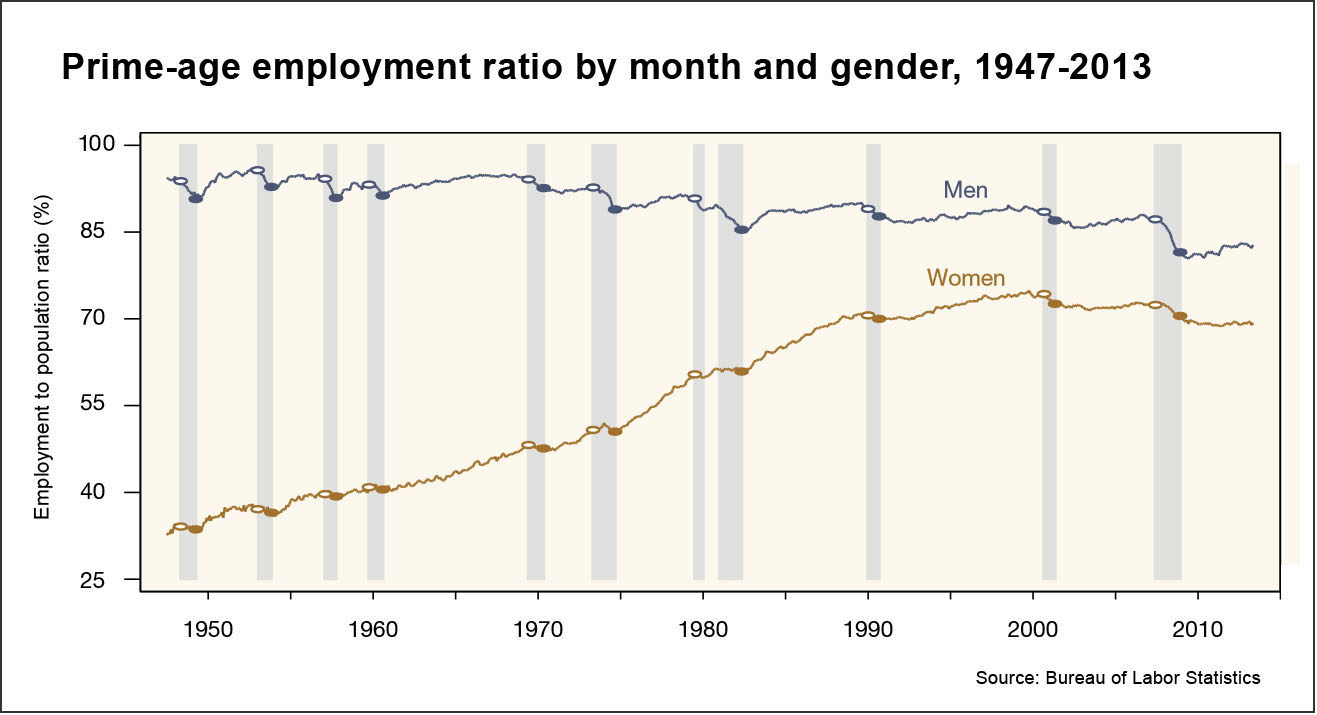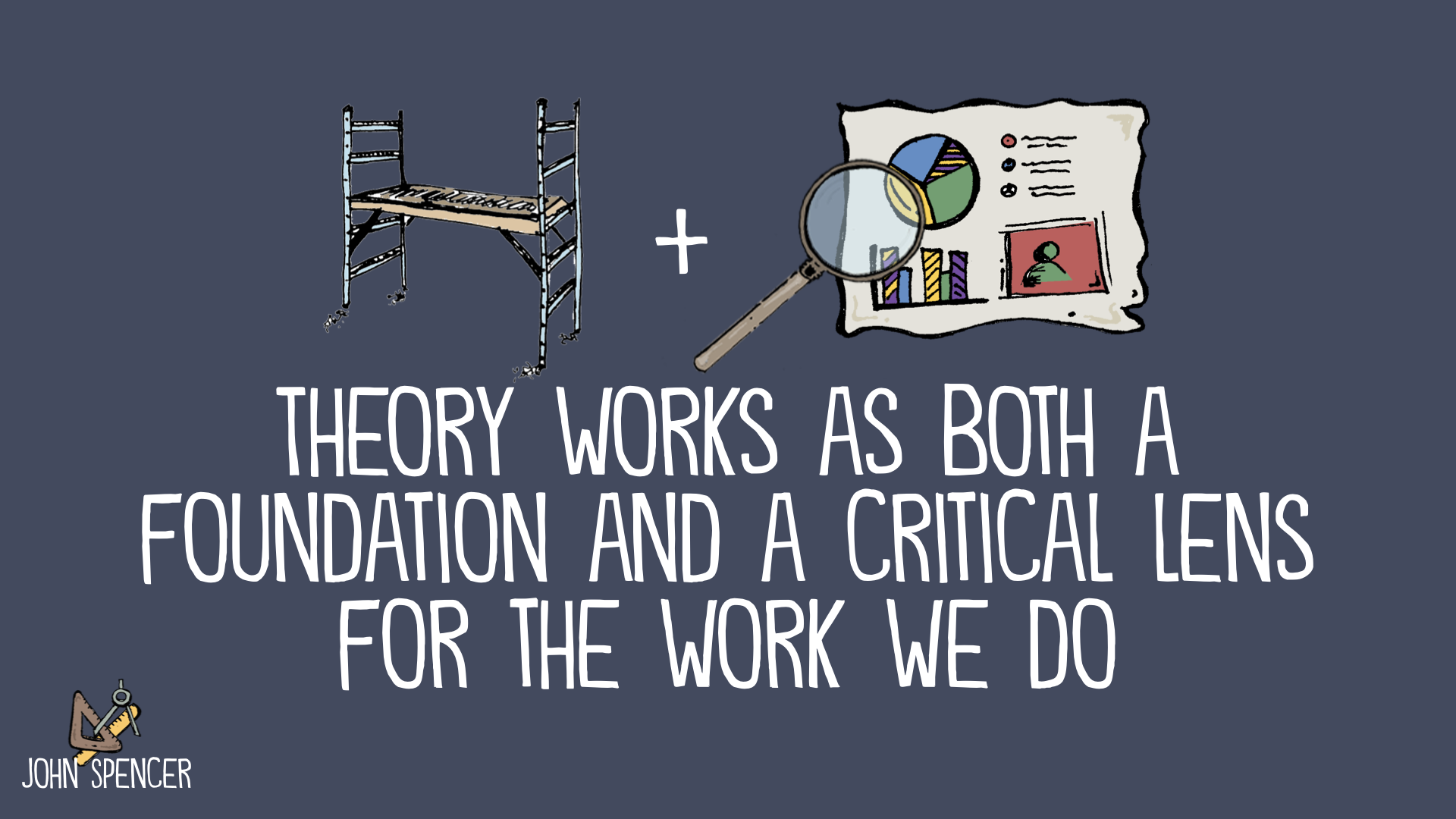Macbeth Essay Act 1 Scene 7 - online literature.
Then enter MACBETH. Hautboys play. The stage is lit by torches. A butler enters, and various servants carry utensils and dishes of food across the stage.. Act 1, Scene 7, Page 2. Previous section Act 1, Scene 6 Next page Act 1, Scene 7, Page 2. Test your knowledge Take the Act 1, scenes 5-7 Quick Quiz.Get free homework help on William Shakespeare's Macbeth: play summary, scene summary and analysis and original text, quotes, essays, character analysis, and filmography courtesy of CliffsNotes. In Macbeth, William Shakespeare's tragedy about power, ambition, deceit, and murder, the Three Witches foretell Macbeth's rise to King of Scotland but also prophesy that future kings will descend from.FreeBookSummary.com. Macbeth soliloquy at the start of Act 1, Scene 7, introduces us to a side of Macbeth that has not yet been portrayed earlier in the play. Here, instead of being the courageous and valiant soldier, Macbeth reveals himself to be a man who is being slowly tempted by ambition and power, though not determined enough to take the risks in order to achieve his goal, thus.
Macbeth’s first soliloquy about his changing state of mind is in Act 1 Scene 7(lines 1-28). This soliloquy sees Macbeth contemplating whether or not to kill Duncan and Macbeth is desperately trying to think of reasons that would aid him in the killing of Duncan. Why Was Lady Macbeth Unable To Kill Duncan.Lady Macbeth's Language in Act 1 Scene 5 The vastness of the transformations that have besieged the character Lady Macbeth from Act 1 Scene 5 and Act 5 Scene 1 are irrefutable to even the most obstinate. These denatures occur both in her physical appearance and in her psychological make up, interfering greatly with her speech and perception.

Macbeth's soliloquy at the start of Act 1, Scene 7, introduces us to a side of Macbeth that has not yet been portrayed earlier in the play.Here, instead of being the courageous and valiant soldier, Macbeth reveals himself to be a man who is being slowly tempted by ambition and power, though not determined enough to take the risks in order to achieve his goal, thus resulting in the repetition.












